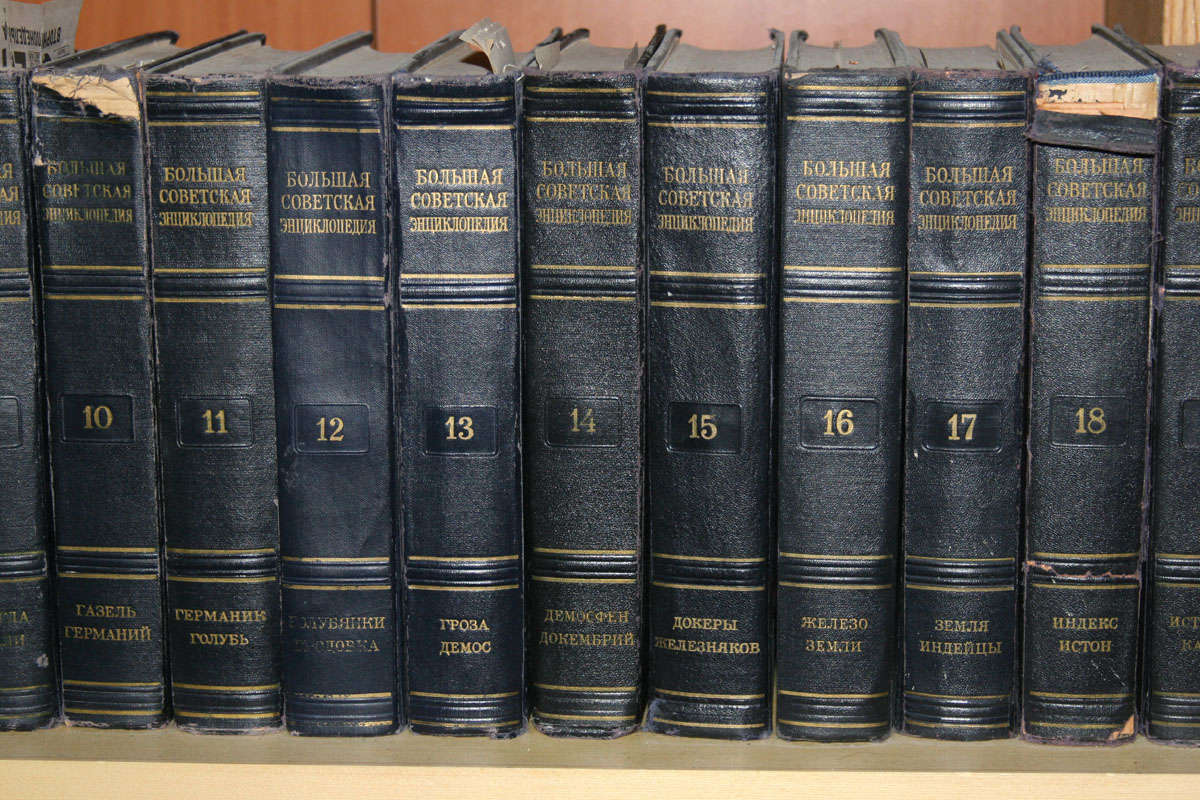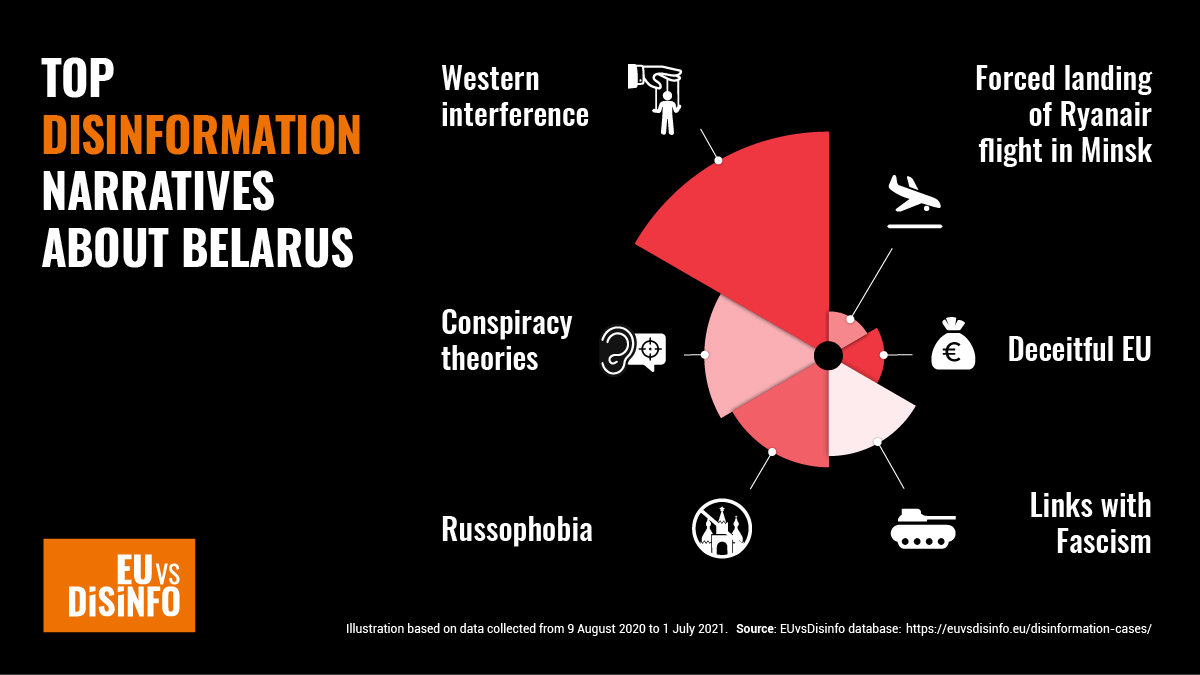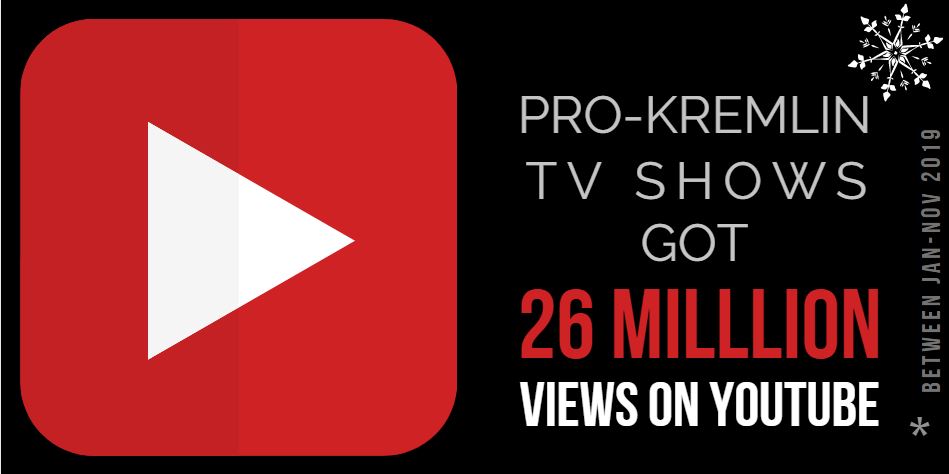Most Western discussions about countering Russian disinformation have focused exclusively on unmasking the ever-growing number of lies and other forms of obfuscation Russian government propagandists and their surrogates are putting out and identifying the chief sources of such duplicity.
But it is important to recognize and then think about how to counter not just these lies and the propensity of some journalists to report them in their confusion of “balance” with “objectivity” but also these other measures lest the Kremlin pick up new victories in this area even as it is losing elsewhere.
The past week highlighted three of these Moscow measures that go far beyond mere lying but that must be countered:
- Plans by the Russian government to create “a human rights group” for the post-Soviet states;
- Undermining or purging those in international organizations which challenge Moscow;
- Discussions about creating a Russian version of Wikipedia.
Because each of these involves issues other than just lying to the world and to the Russian people, it is important to view all of them in the context of the Kremlin’s concerted disinformation effort, its calculated tactic of sowing confusion and undermining the belief that there is such a thing as objective truth.
The first of these projects is a “Eurasian Human Rights Group,” which its organizers say will be “styled” on groups like Amnesty International and Human Rights Watch, will seek accreditation from the United Nations and other international bodies, and will provide an “objective” picture of human rights in the post-Soviet states.
Given that Moscow doesn’t like and often disputes the findings of these other groups – see for example its handling of one this week on Chechnya – it should be obvious that the Russian government will ensure that its agency reports what the Kremlin wants regardless of its accuracy.
That may please some of the thuggish regimes in Russia’s neighborhood and thuggish rulers in various parts of the Russian Federation as well, but…
The second concerns Moscow’s efforts to purge from international organizations of anyone who contradicts what the Kremlin believes to be the case. Helsinki’s Hufvudstadsbladet reported on Tuesday that Russian objections to Astrid Thors has prompted her not to seek another term as the OSCE’s High Commissioner for National Minorities.
Although she had unanimous support when she was elected, Thors ran afoul of the Russians when she issued a statement in 2014 that she disputed Russian contentions that ethnic Russians had been victimized in Crimea earlier.
Thors had been widely expected to run again and has the support of many delegations.
And the third, as Igor Yakovenko points out in Yezhednevny zhurnal, involves Moscow’s “opening of a new front in the information war – one involving an encyclopedia” that is intended to replace Wikipedia with a Russian-specific electronic collection of articles on a wide variety of subjects reflecting Moscow’s viewpoint.

What makes this new effort especially worrisome, he suggests, is that the quality of those compiling it is far lower than was the case with the Great Soviet Encyclopedia [published by the Soviet state throughout its life to reflect a Soviet Communist propaganda version of the world body of human knowledge and known for its frequent re-writes due to changes in the party’s domestic and international policies — Ed.],” an indication of how political it will be, and that the existence of such an online publication may become the occasion for the Russian government to block access to Wikipedia in Russia.
The new online encyclopedia will have one advantage over the Soviet one is that it will be far easier for those who responsible for it to cope with the rise of new “unpersons.” They won’t have to send out articles about the Bering Straits to replace those about Lavrenty Beria. They’ll only have to paste electronic versions of new “correct” ones, deleting the “incorrect” as they do.
Related:
- A guide to Russian propaganda. Part 1: Propaganda prepares Russia for war
- A guide to Russian propaganda. Part 2: Whataboutism
- Russian propaganda meddling in US election: RT calls Hillary Clinton the new Joseph McCarthy
- Why Americans fall for Kremlin propaganda
- Kremlin propaganda successfully exploiting five American vulnerabilities, Kirillova says
- Moscow’s propaganda about Ukrainian anti-Semitism — response to Ukrainian resistance, Ackerman says
- How Russia’s worst propaganda myths about Ukraine seep into media language
- 15-point checklist of Putin regime’s propaganda techniques








